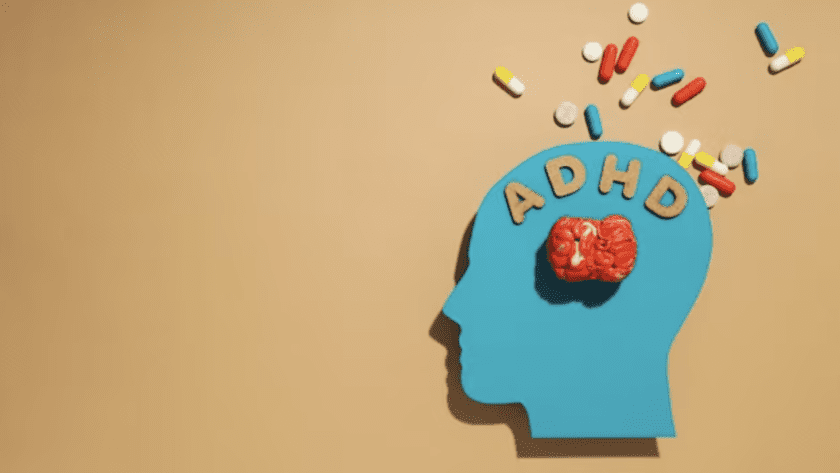Parenting comes with its unique set of challenges, and navigating through them requires a keen eye and a compassionate heart. One common concern that parents often grapple with is whether their child might have attention-deficit/hyperactivity disorder (ADHD). As understanding and awareness about ADHD continue to grow, it’s crucial for parents to recognize the signs and seek professional guidance to support their child’s unique needs.
Recognizing the Signs
ADHD is a neurodevelopmental disorder characterized by persistent patterns of inattention, hyperactivity, and impulsivity that can interfere with daily functioning. However, it’s essential to understand that these behaviors may also be a normal part of childhood. Distinguishing between typical childhood behavior and potential ADHD symptoms is a delicate process that requires careful observation.
Signs of inattention include being easily distracted, forgetfulness, and difficulty organizing tasks. Wondering if you or someone you know might be experiencing these signs? The question ‘Am I neurodivergent?’ is a common query that many individuals have, prompting them to seek information and knowledge from online resources. Hyperactivity may manifest as excessive fidgeting, an inability to sit still, or impulsivity, leading to hasty decision-making without considering the consequences. Identifying these signs in a child warrants attention, but a formal diagnosis should be made by a qualified healthcare professional.
The Importance of Professional Evaluation
If you suspect that your child may have ADHD, seeking a comprehensive evaluation by a pediatrician or a mental health professional is crucial. ADHD diagnoses are not based solely on observations; they require a thorough assessment of the child’s behavior, history, and functioning in various environments. The process may involve interviews with parents, teachers, and sometimes the child, as well as standardized assessments to rule out other potential causes for the observed behaviors.
If you suspect that your child may have ADHD, seeking a comprehensive evaluation, such as an ADHD diagnosis Manchester, by a pediatrician or a mental health professional is crucial.
Understanding the Impact
ADHD is more than just a label; it has real and significant implications for a child’s life. Untreated ADHD can affect academic performance, social relationships, and overall well-being. Recognizing and addressing ADHD early can make a substantial difference in a child’s life, providing them with the tools and support they need to thrive.
Supporting Your Child
Receiving an ADHD diagnosis can be overwhelming for both parents and children. However, it’s important to remember that ADHD does not define a child or their potential. Instead, it highlights areas where additional support and strategies may be beneficial.
Education is key in supporting a child with ADHD. Understanding their unique strengths and challenges can help parents, teachers, and caregivers create an environment that fosters success. Implementing structured routines, clear expectations, and effective communication can make a significant impact on a child’s ability to manage their symptoms.
Collaboration between parents and educators is crucial for a child’s success in academic settings. Developing an individualized education program (IEP) or a 504 plan can provide accommodations and support tailored to the child’s specific needs.
Embracing the Journey
Parenting a child with ADHD is a unique journey that requires patience, understanding, and resilience. Celebrate the small victories, and don’t be discouraged by setbacks. Building a strong support network, including healthcare professionals, teachers, and other parents facing similar challenges, can provide valuable insights and emotional support.
It’s essential to foster open communication with your child, encouraging them to express their feelings and thoughts. Helping them develop coping mechanisms and self-awareness empowers them to navigate the world with confidence.
Recognizing and addressing ADHD in your child is a journey filled with challenges and triumphs. Seeking professional evaluation, understanding the impact of ADHD, and implementing effective strategies can make a significant difference in your child’s life. Embrace the uniqueness of your child, and remember that with the right support, they can overcome challenges and thrive in their own remarkable way.




